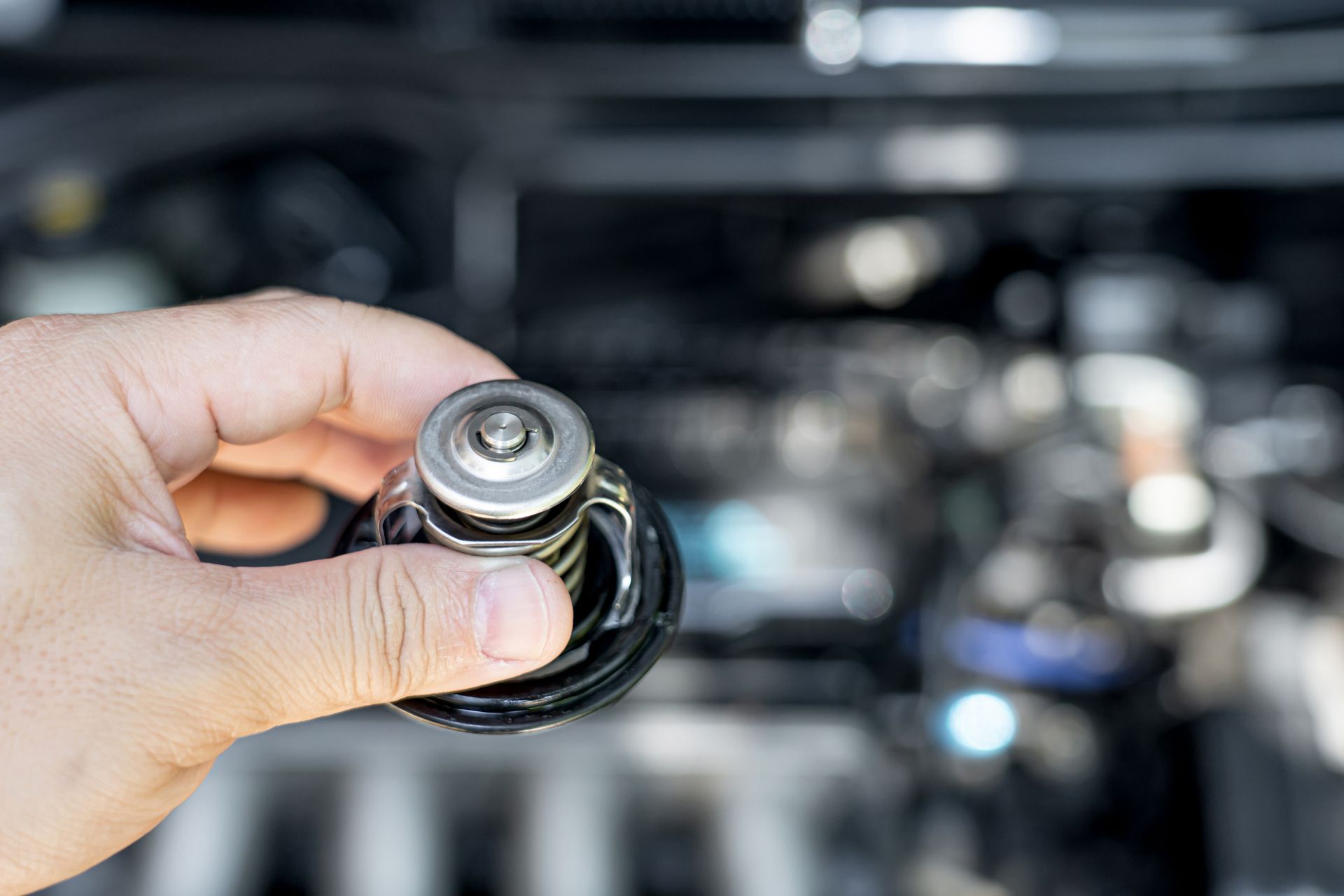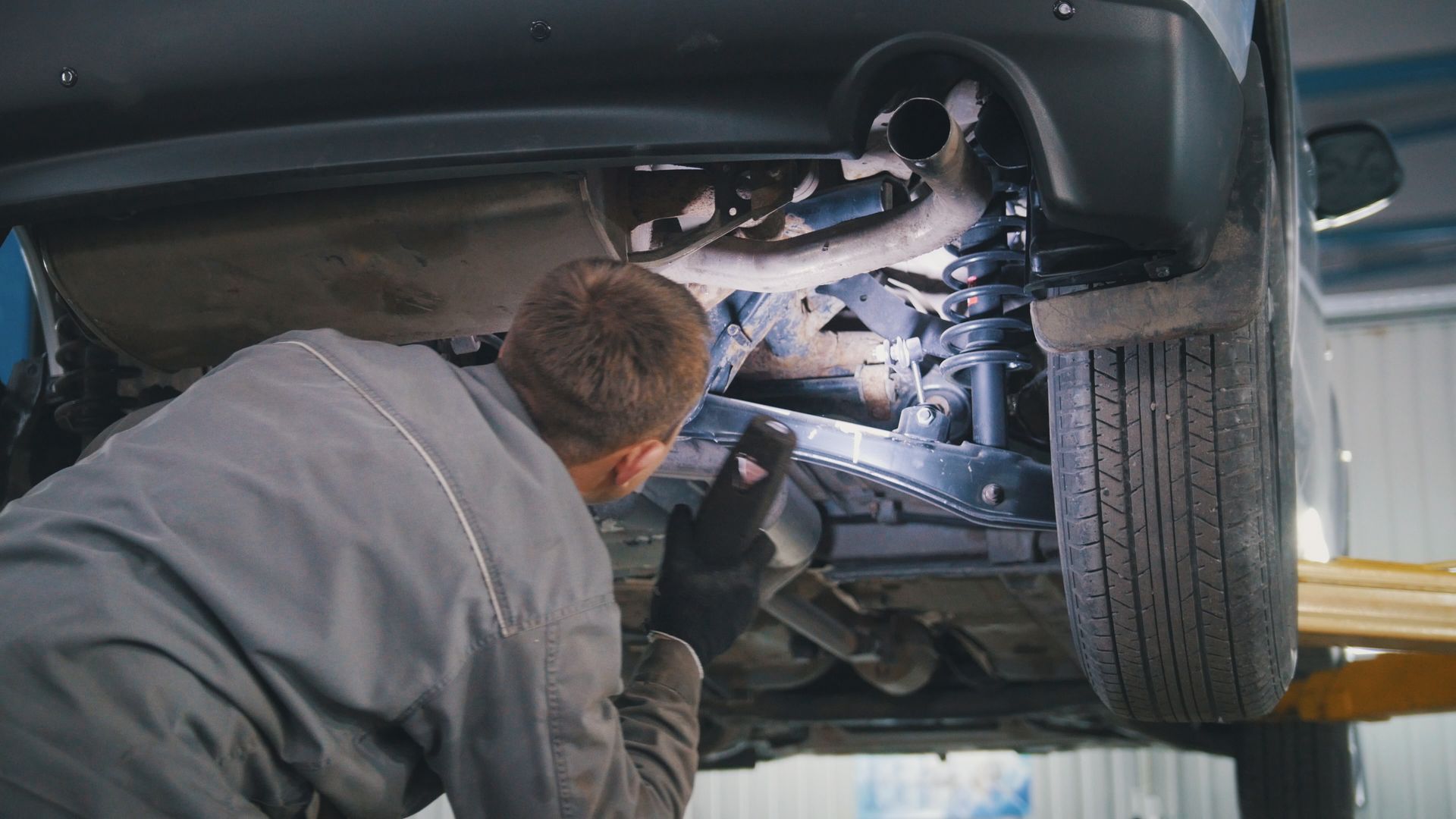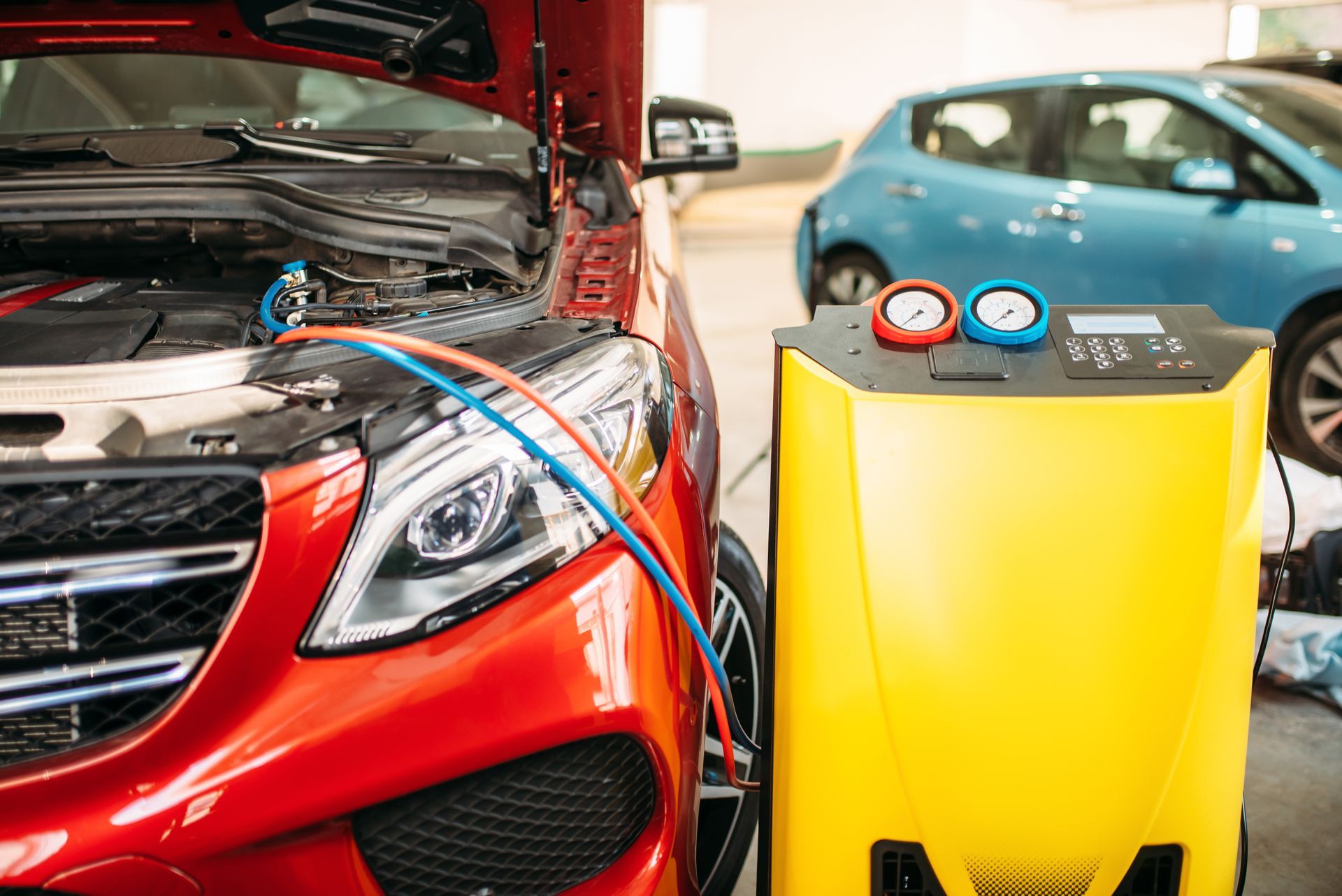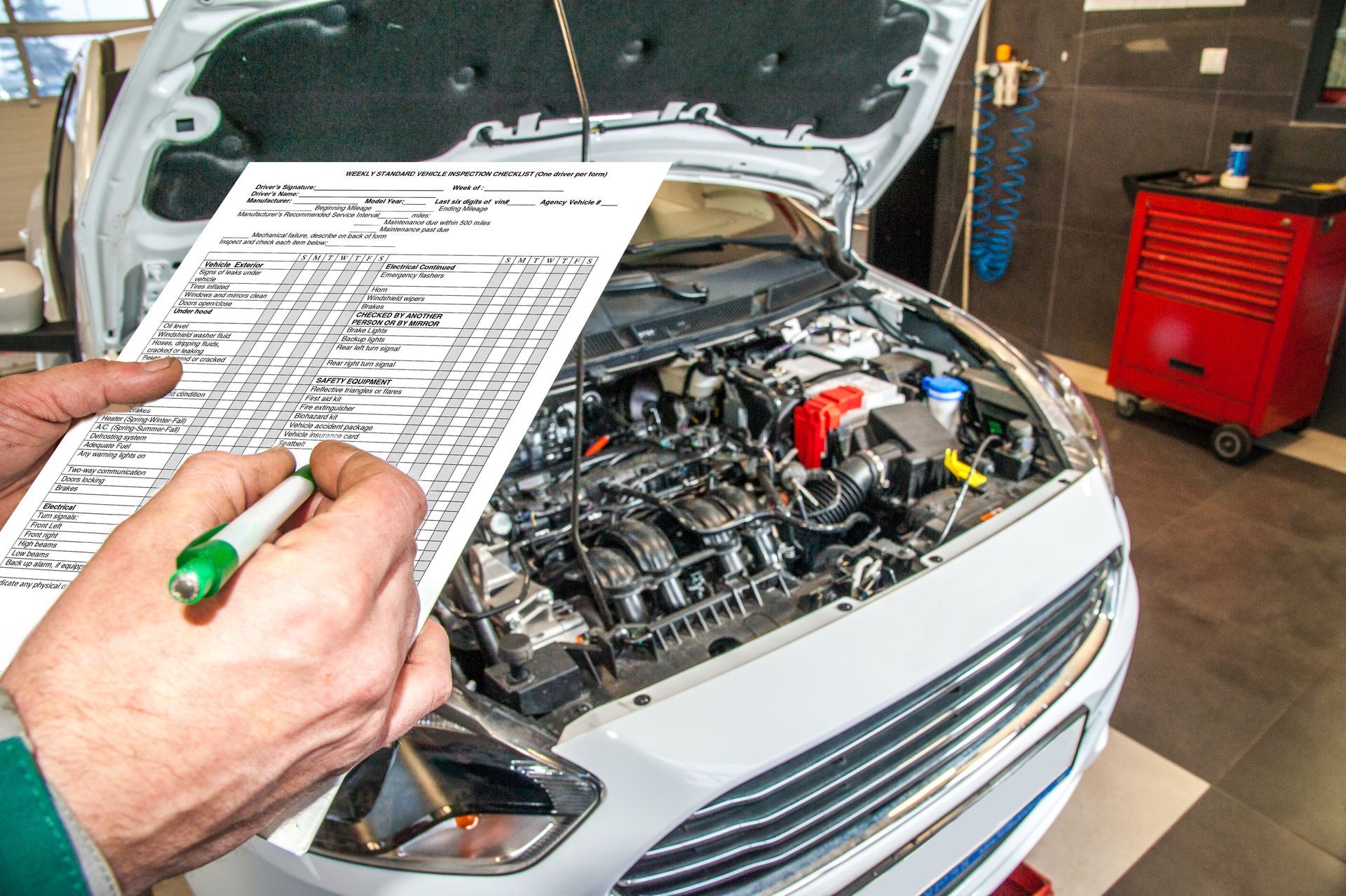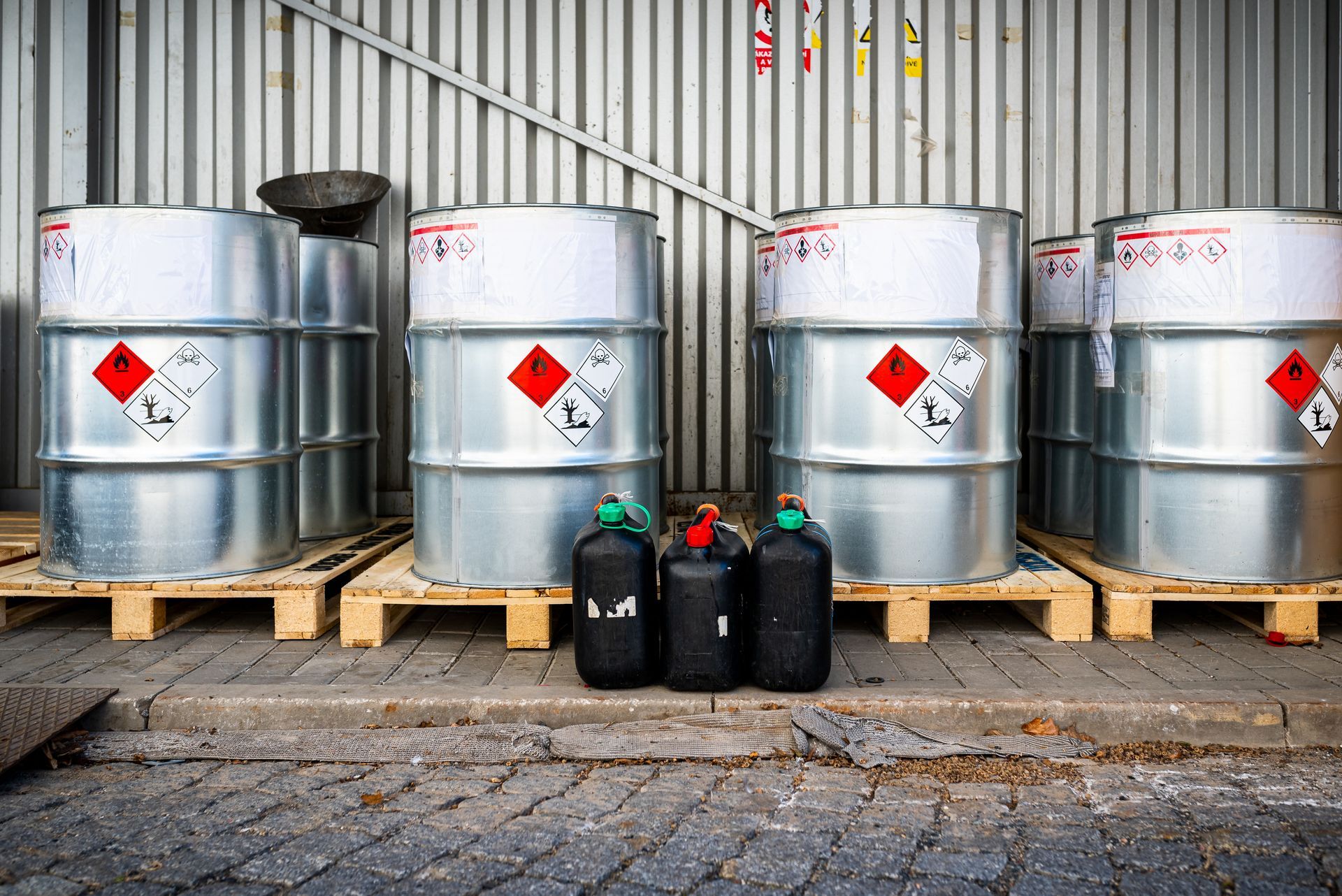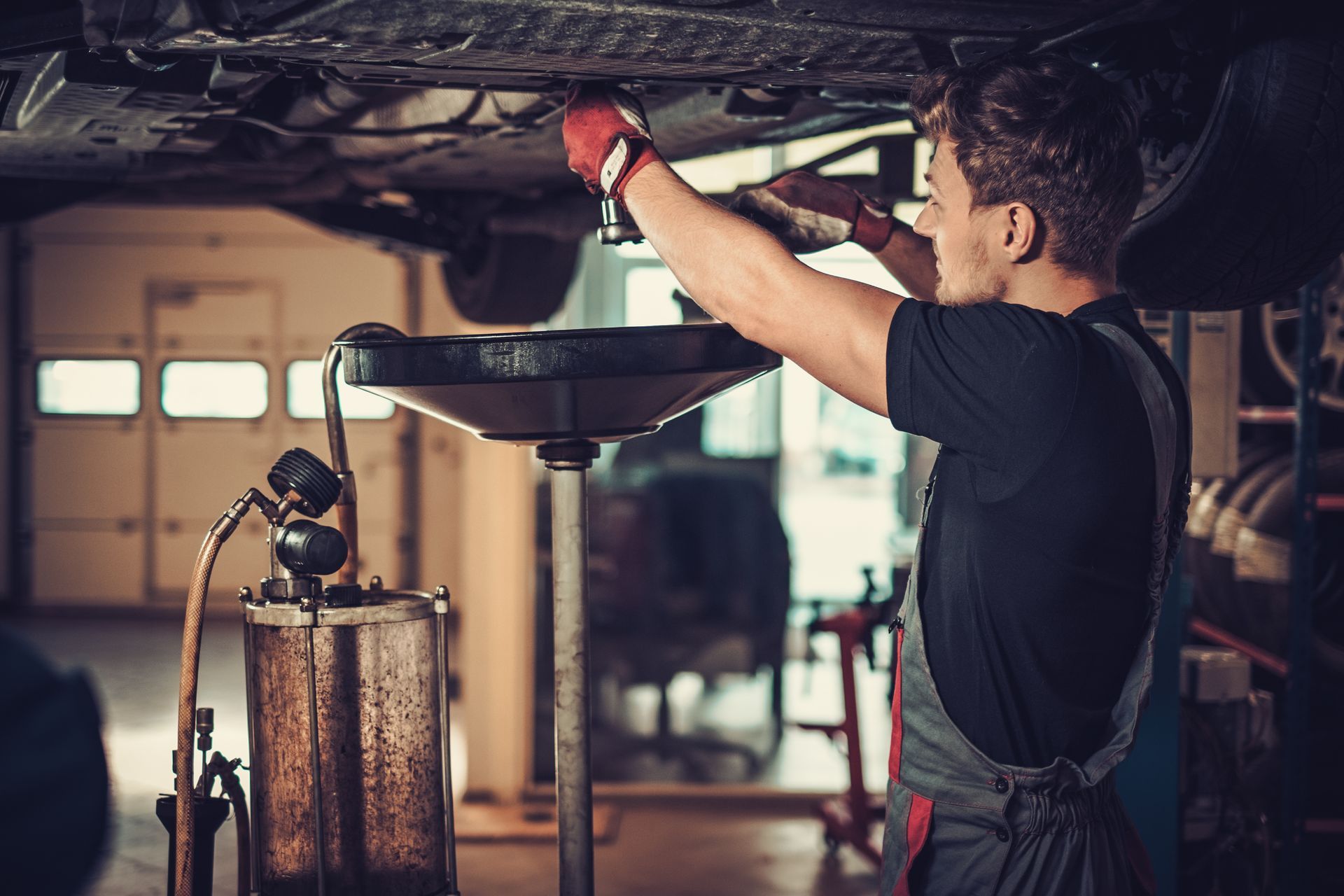Living in a hurricane-prone area means preparing for more than just power outages and heavy rain. Your car is also at risk when storms approach. Wind, flooding, falling debris, and saltwater exposure can all cause serious damage—some of it irreversible. Fortunately, you can take steps to protect your vehicle and reduce the likelihood of expensive repairs or total loss.
Here are eight essential tips to help safeguard your car during hurricane season.
1. Park on High Ground Whenever Possible
One of the biggest threats to your vehicle during a hurricane is floodwater. Even a few inches of water can damage electronics, upholstery, and engine components. If your home is in a low-lying area, consider moving your vehicle to higher ground—such as a parking garage, public shelter area, or a friend’s property on a hill.
Avoid underground garages or areas near rivers, canals, or storm drains, as they are the first to flood during heavy rainfall.
2. Never Drive Through Flooded Roads
It can be tempting to try to drive through standing water, but it only takes about a foot of water to float a car. Even less can cause engine failure if water is sucked into the air intake. Driving through floodwater can also hide hazards like debris, open manholes, or sharp objects that can puncture your tires.
If you're caught on the road during a storm, turn around and find a safer route. Water damage from driving into floods is often not covered by insurance if it was avoidable.
3. Keep Your Fuel Tank Full
Storms often disrupt fuel deliveries and cause panic buying. Keeping your gas tank at least half full during hurricane season ensures you can evacuate quickly if needed and run your car for climate control or charging without relying on a gas station.
A full tank also reduces moisture buildup in the tank, which can happen when vehicles sit for long periods in humid conditions.
4. Disconnect the Battery if You Expect Flooding
If your car is at risk of flooding and you can't relocate it, disconnecting the battery can help protect sensitive electronics. Electrical systems are particularly vulnerable to water damage. By cutting off power, you may prevent some shorts or system failures after the water recedes.
Just be sure to follow safety precautions when disconnecting the battery, and don’t attempt this if the area is already flooding or unsafe.
5. Seal and Secure the Interior
Close all windows tightly and ensure that sunroofs, vents, and doors are fully shut. If necessary, use weatherproof tape to reinforce seals. If you're concerned about water getting inside, you can cover seats and flooring with large plastic sheets or contractor-grade garbage bags.
Also, valuable items should be removed from the vehicle and stored indoors. Documents, electronics, and emergency supplies should be taken with you if you plan to evacuate.
6. Protect the Exterior With a Car Cover
A heavy-duty, waterproof car cover can help protect your vehicle’s paint and windows from wind-blown debris, falling branches, and hail. Make sure it fits tightly and is secured with straps or bungees. Loose covers can become hazards themselves in high winds, so only use one that’s rated for storm conditions.
If you don't have a car cover, heavy blankets or mats secured with rope can provide temporary protection from flying debris.
7. Check Your Insurance Coverage
Before hurricane season starts, review your auto insurance policy to ensure it includes comprehensive coverage. This is the part of your policy that covers damage from storms, flooding, falling trees, and other non-collision events.
Keep photos of your vehicle and its condition in case you need to file a claim later. Having before-and-after images can speed up the claims process and help you receive full compensation.
8. Schedule a Post-Storm Inspection
Even if your car looks fine after a hurricane, it’s a good idea to have it inspected. Floodwater can cause hidden damage to brakes, wiring, bearings, and exhaust components. Saltwater exposure, in particular, can lead to corrosion that might not be immediately visible.
A professional inspection ensures your vehicle is safe and roadworthy before returning to normal driving.
Mr. Best Wrench – Hurricane-Ready Auto Care in Jacksonville, FL
At Mr. Best Wrench in Jacksonville, we know how quickly hurricane conditions can put your vehicle at risk. Whether you need help preparing before a storm or inspecting for hidden damage afterward, our team is here to help you protect your investment. From pre-storm checks to flood-related repairs, we offer expert service you can trust.
Contact us today and keep your car safe through any storm that comes your way.

